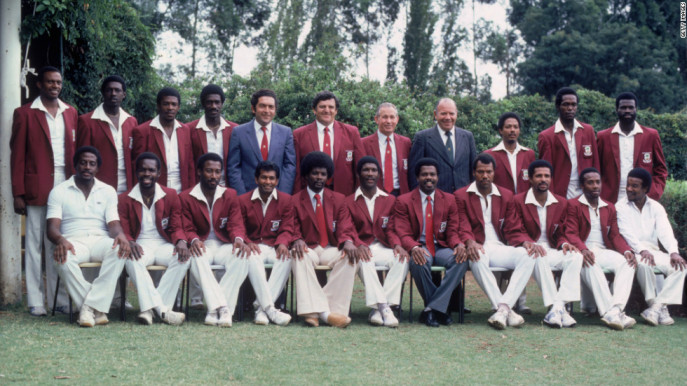The Caribbean has produced cricketing giants whose names echo across generations. Yet, beneath the towering legends lies a group of players who, though less celebrated, made meaningful contributions to West Indies cricket. This series highlights those “unsung heroes” — players who represented skill, resilience, and passion for the game, even if they never reached superstar status.
Alvin Greenidge
A stylish opening batsman from Barbados, Alvin Greenidge played only a handful of Tests in the late 1970s, overshadowed by the presence of Gordon Greenidge (no relation) and Desmond Haynes. Despite limited opportunities, his elegant stroke play showed glimpses of what could have been a longer international career.
Maurice Foster
The Jamaican all-rounder Maurice Foster had both batting skill and useful off-spin. His Test career was sporadic during the late 1960s and early 1970s, but he often played important roles for Jamaica in regional cricket, anchoring the middle order and providing balance with the ball.
Rolston Otto
From Antigua, Rolston Otto was a consistent performer for the Leeward Islands during the 1980s. A determined middle-order batsman, he never broke into the West Indies senior side, but his reliability at regional level made him a respected figure among his peers.
Winston Benjamin
An Antiguan fast bowler, Winston Benjamin came through during the late 1980s as part of the fierce West Indian pace tradition. Though not as menacing as Ambrose or Walsh, Benjamin’s accuracy and bounce earned him over 60 Test wickets. He later became a mentor for younger Antiguan players, including Curtly Ambrose.
Rafik Jumadeen
One of Trinidad and Tobago’s most notable left-arm spinners, Rafik Jumadeen played a single Test for the West Indies in 1972. At a time when pace dominated selection, his opportunities were scarce, but in regional cricket he was a constant threat, especially on turning tracks.
Clyde Butts
Guyana’s Clyde Butts was a steady off-spinner who played seven Tests in the 1980s. His international career was limited due to the West Indies’ fast-bowling supremacy, but he later contributed immensely as a selector, shaping the next generation of West Indian cricketers.
Robert Haynes
Known for his clever leg-spin and gritty batting, Jamaican Robert Haynes was a versatile all-rounder who represented the West Indies in ODIs during the late 1980s and early 1990s. He was among the few Caribbean leg-spinners to succeed at the regional level, paving the way for later wrist-spinners.
Robert Samuels
The brother of Marlon Samuels, Robert Samuels had a short but impactful Test career in the mid-1990s. A composed left-handed opener, he scored a crucial half-century in the famous Bridgetown Test of 1996, where West Indies chased down 311 against Australia. His calm presence provided stability in a fragile batting lineup.
Closing Thoughts
These men may not appear in cricket’s folklore alongside Richards, Sobers, or Lara, but their stories form part of the broader fabric of Caribbean cricket. They played with pride, carried their nations’ hopes, and left legacies that deserve to be remembered.







Leave a Reply